The singer won after a nailbiting close to the contest in which for the first time in the contest's 61-competition history, scores were decided by both national juries, who spoke first, and viewers.
The new system was designed to feel more democratic as it gave fans the final say, with the experts putting Australia in the lead.
Jamala's track '1944' is a song inspired by her great-grandmother's story.
It recounts the deportation of the Crimean Tatars by Soviet strongman Joseph Stalin, and she sings partly in the Tatar language, she says, because “it's in my blood.”
The song has resonance for contemporary Ukraine, where memories of that horror were revived by Russia's seizure of Crimea and Jamala's poignant lyrics tell the story of a people with a history of persecution that continues to this day.
Political leaders in Moscow and Crimea protested against the song for, they say, criticising Russia's annexation of the Black Sea peninsula in March 2014.
But the jury approved the lyrics nonetheless, setting the stage for a monumental confrontation.
Click here to read The Local's Live Blog covering all the top moments from the night
With US pop star Justin Timberlake making a guest appearance, the latest edition of the love-it-or-hate-it kitsch fest was expected to be the most-watched in the show's history since the event was first staged in 1956.
Last year's competition was watched by 197 million viewers worldwide.

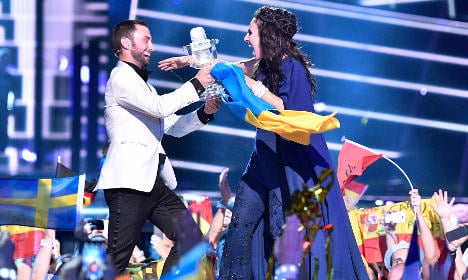
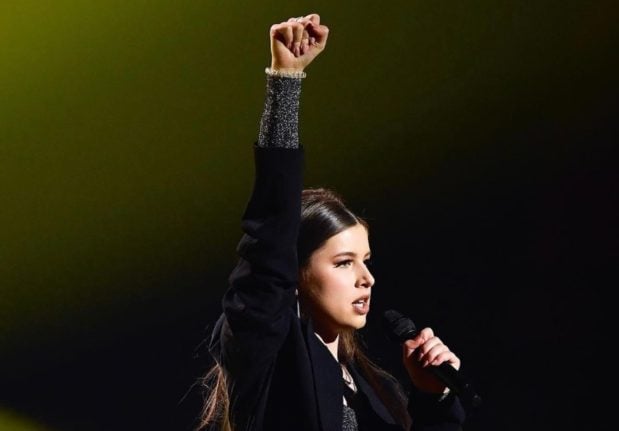

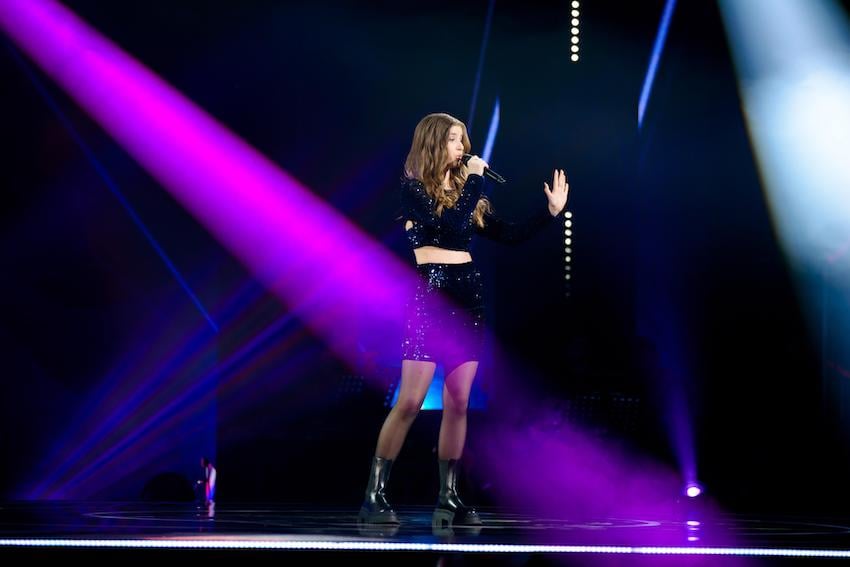
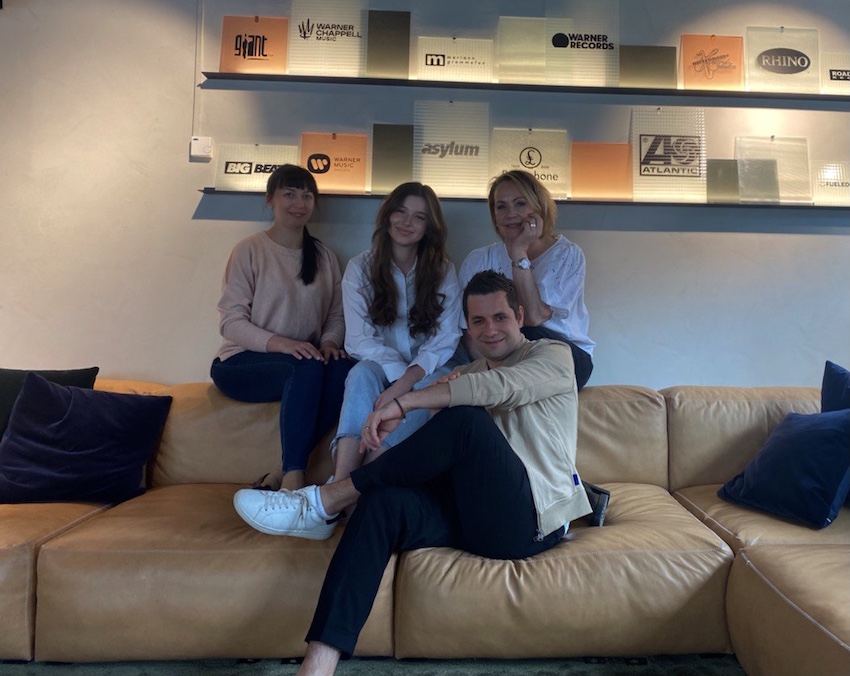
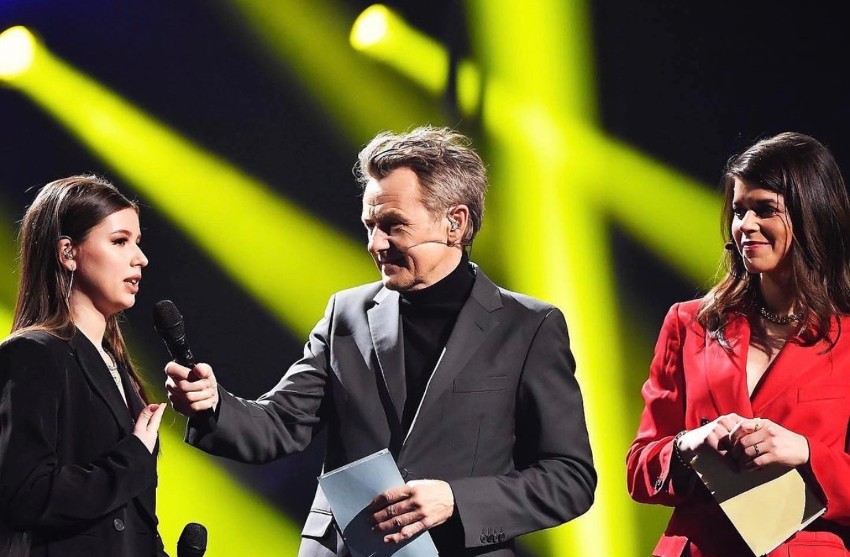
 Please whitelist us to continue reading.
Please whitelist us to continue reading.